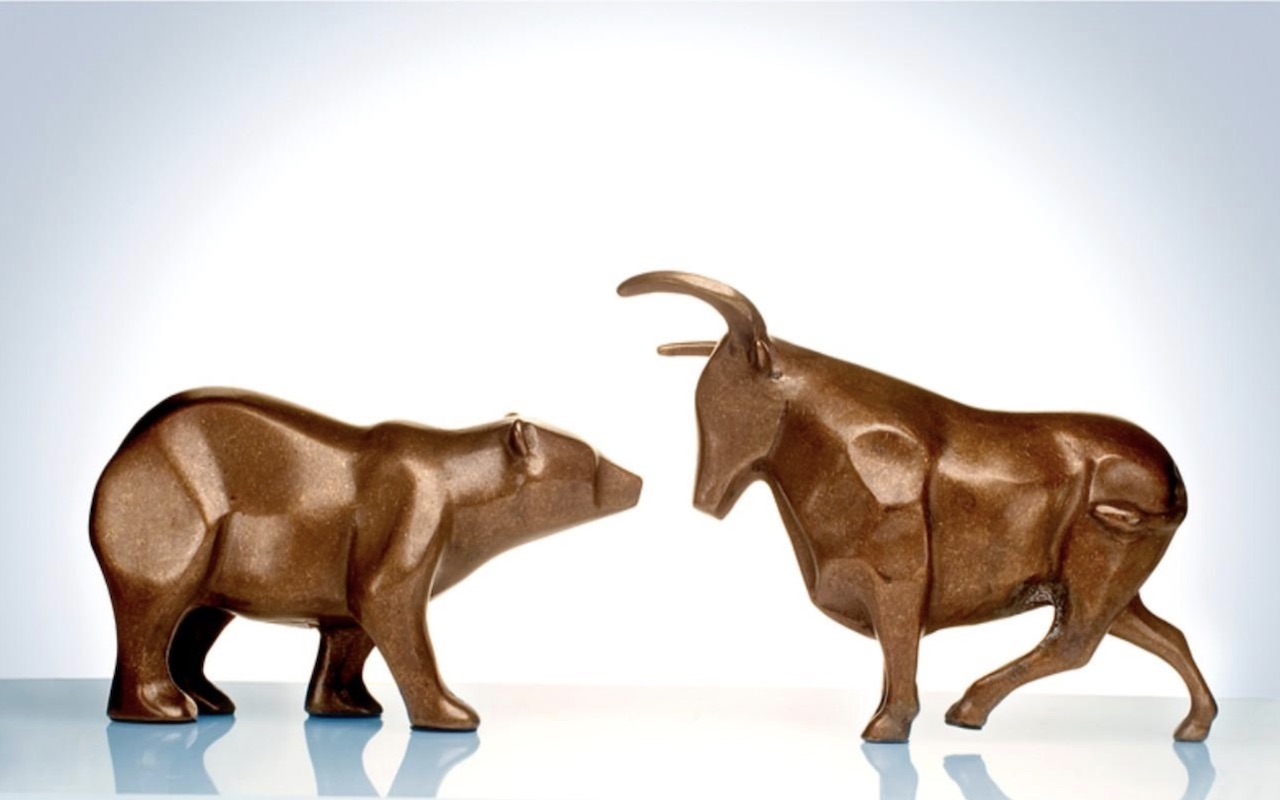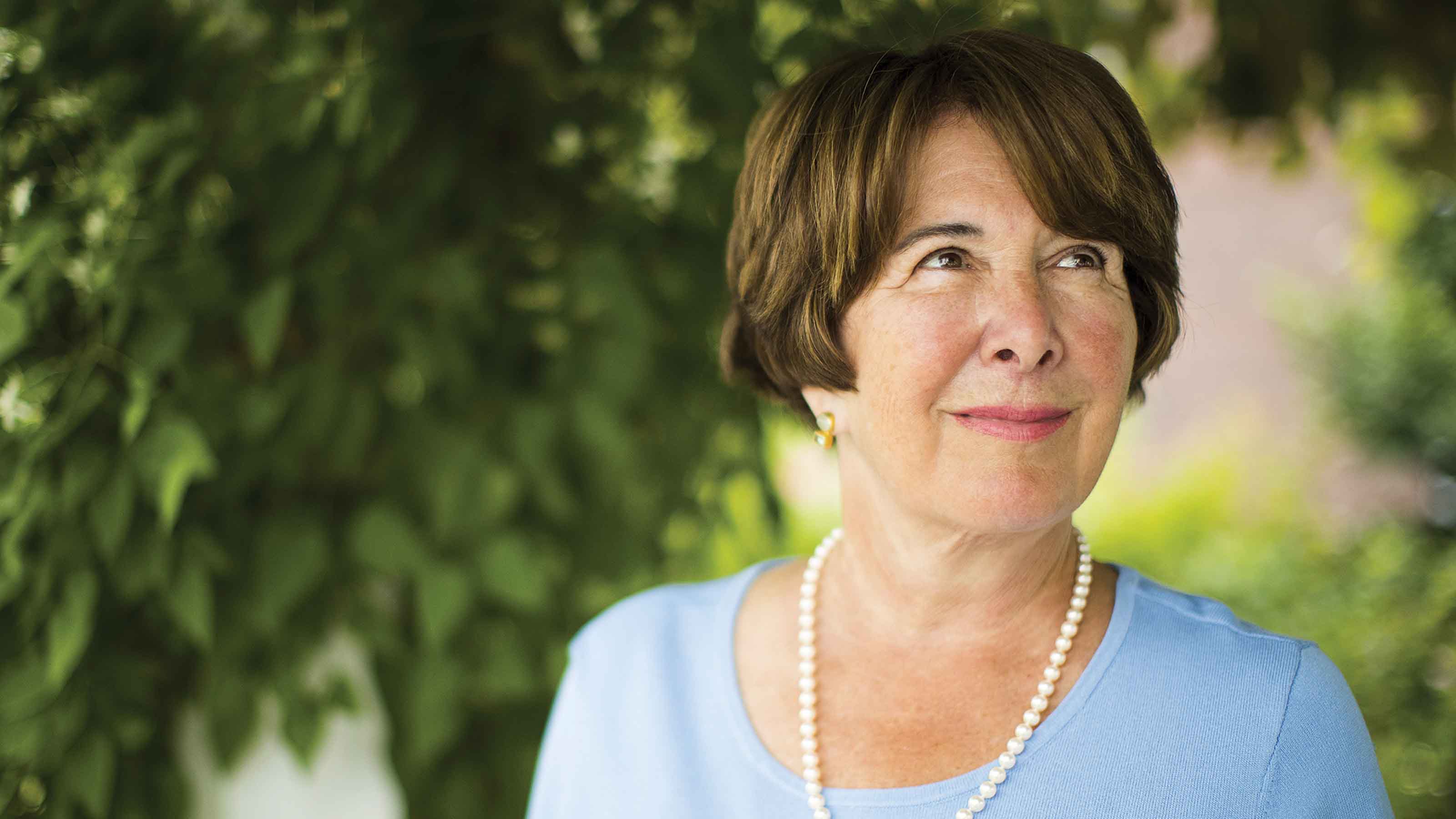Profit and prosper with the best of Kiplinger's advice on investing, taxes, retirement, personal finance and much more. Delivered daily. Enter your email in the box and click Sign Me Up.
You are now subscribed
Your newsletter sign-up was successful
Want to add more newsletters?

Delivered daily
Kiplinger Today
Profit and prosper with the best of Kiplinger's advice on investing, taxes, retirement, personal finance and much more delivered daily. Smart money moves start here.

Sent five days a week
Kiplinger A Step Ahead
Get practical help to make better financial decisions in your everyday life, from spending to savings on top deals.

Delivered daily
Kiplinger Closing Bell
Get today's biggest financial and investing headlines delivered to your inbox every day the U.S. stock market is open.

Sent twice a week
Kiplinger Adviser Intel
Financial pros across the country share best practices and fresh tactics to preserve and grow your wealth.

Delivered weekly
Kiplinger Tax Tips
Trim your federal and state tax bills with practical tax-planning and tax-cutting strategies.

Sent twice a week
Kiplinger Retirement Tips
Your twice-a-week guide to planning and enjoying a financially secure and richly rewarding retirement

Sent bimonthly.
Kiplinger Adviser Angle
Insights for advisers, wealth managers and other financial professionals.

Sent twice a week
Kiplinger Investing Weekly
Your twice-a-week roundup of promising stocks, funds, companies and industries you should consider, ones you should avoid, and why.

Sent weekly for six weeks
Kiplinger Invest for Retirement
Your step-by-step six-part series on how to invest for retirement, from devising a successful strategy to exactly which investments to choose.
Is spending painful for you? Or are you so free with your credit card that you live in a constant state of buyer's remorse? Either way, don't be too hard on yourself. How we feel about spending depends a lot on how we're wired, and that has implications for everything from debt to marital harmony.
Consider the results of brain scans performed on people while they made buying decisions. Researchers found that when subjects were shown products and then prices, about 30% of them experienced a fired-up insula. The insula is the part of the brain that's active "when we're getting socially excluded or somebody's unfair to us or we have to smell something gross," says Scott Rick, a professor of marketing at the University of Michigan and one of the researchers. The study also found that about half of subjects had a more measured response when contemplating a purchase, and 20% seemed to feel pleasure and little pain.
That study was the genesis of a scale that measures how likely you are to be a tightwad or a spendthrift. Spendthrifts don't feel enough pain for their own good, so they overspend, carry more debt and feel guilty later. Tightwads, however, experience too much pain, which leads to feelings of regret for not having spent enough. Rick says it's worse to be a spendthrift because of the financial costs, but neither extreme is as good as the middle group, labeled unconflicted. "Spendthrifts are bad off financially and psychologically," he says. "Tightwads have big bank accounts, but we find that they're less happy than the unconflicted group."
From just $107.88 $24.99 for Kiplinger Personal Finance
Become a smarter, better informed investor. Subscribe from just $107.88 $24.99, plus get up to 4 Special Issues

Sign up for Kiplinger’s Free Newsletters
Profit and prosper with the best of expert advice on investing, taxes, retirement, personal finance and more - straight to your e-mail.
Profit and prosper with the best of expert advice - straight to your e-mail.
Where Do You Stand?
You don't need a brain scan to figure out where you land on the scale; a simple survey will do. In a 2008 paper, "Tightwads and Spendthrifts," Rick, George Loewenstein, of Carnegie Mellon University, and Cynthia Cryder, now with Washington University, surveyed more than 13,000 adults. They found that spendthrifts were three times as likely as tightwads to be in debt, regardless of income. (Take the survey yourself: Are You a Tightwad or a Spendthrift?)
Fatal Fiscal Attraction
Rick and two colleagues, Deborah Small, of the University of Pennsylvania, and Eli Finkel, of Northwestern University, applied their scale to a study of married couples, "Fatal (Fiscal) Attraction: Spendthrifts and Tightwads in Marriage." Although people who are alike tend to attract one another, the researchers found that tightwads and spendthrifts regret their spending habits and often marry spending opposites to compensate. Such a marriage starts out well, says Rick. The spouses "help each other meet in the middle." When dining out, for example, "they don't spend a million dollars on a great meal, but they don't go Dumpster-diving either."
Tensions rise with purchases that really matter, such as cars and houses, says Rick, a self-described spendthrift. Such marriages "might be refreshing at first, but my own guess is that they then become maddening" as couples begin to bicker over spending issues. (See FROM THE EDITOR: 5 Sources of Financial Friction for Couples.)
The study suggests that spendthrifts who marry tightwads tend to be better off financially than spendthrifts who marry spendthrifts. But spendthrifts who marry spendthrifts tend to have a happier relationship, even though their financial situation is often worse. When two tightwads marry, they enjoy both better finances and a more satisfying relationship.
Balance Your Spending
To help rein in spendthrift tendencies, you can focus on the opportunity costs of buying more than you need. For example, when buying a car, instead of spending $3,000 on the luxury-options package, think how that money could be put to better use.
Tightwads can frame some outlays as investments -- think of a vacation as an investment in productivity, Rick suggests. They can also buy with plastic because it's less painful than paying with cash.
As for picking a spouse, a good prenup might be in order before a spendthrift weds a tightwad.
Profit and prosper with the best of Kiplinger's advice on investing, taxes, retirement, personal finance and much more. Delivered daily. Enter your email in the box and click Sign Me Up.

-
 How to Position Investments to Minimize Taxes for Your Heirs
How to Position Investments to Minimize Taxes for Your HeirsTo minimize your heirs' tax burden, focus on aligning your investment account types and assets with your estate plan, and pay attention to the impact of RMDs.
-
 Are You 'Too Old' to Benefit From an Annuity?
Are You 'Too Old' to Benefit From an Annuity?Probably not, even if you're in your 70s or 80s, but it depends on your circumstances and the kind of annuity you're considering.
-
 Seeing Retirement Ahead? Why Your 50s Will Be So Significant
Seeing Retirement Ahead? Why Your 50s Will Be So SignificantThis is the perfect time to assess whether your retirement planning is on track and determine what steps you need to take if it's not.
-
 How I'm Going to Invest My Mega Millions Lottery Jackpot
How I'm Going to Invest My Mega Millions Lottery JackpotThe odds of winning the Mega Millions lottery are effectively zero, but here's how I'm investing my fortune should I hit the jackpot.
-
 Four Random Facts and Thoughts About Warren Buffett
Four Random Facts and Thoughts About Warren BuffettIf I love Warren Buffett so much why don't I just marry him?
-
 Investing in Gold Is Dumb
Investing in Gold Is DumbStocks are better than gold for both generating wealth and offering protection against inflation.
-
 What's So Scary About a Mega-Cap Tech Bull Market?
What's So Scary About a Mega-Cap Tech Bull Market?Bears say the market can't keep rallying when only five mega-cap tech stocks are driving returns, but history suggests otherwise.
-
 We Are Not in a Bull Market
We Are Not in a Bull MarketIt takes more than a 20% gain off the low to proclaim the beginning of a new bull market.
-
 Why I Don't Buy Stocks
Why I Don't Buy StocksIt's nearly impossible to beat the market – but it is cheap and easy to match it.
-
 Amy Domini on the Secrets of Sustainable Investing
Amy Domini on the Secrets of Sustainable InvestingESG An ESG pioneer says finding good corporate citizens is the best way to make money.
-
 New Ways to Invest in Bitcoin
New Ways to Invest in BitcoinBecoming an Investor ProShares Bitcoin Strategy and other ETFs offer an easier way to gain bitcoin exposure than buying the actual cryptocurrency.
